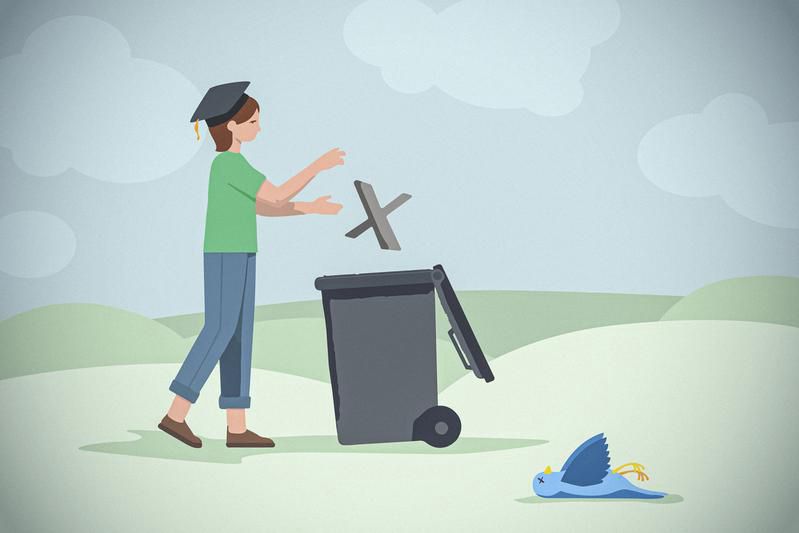Sebastian Sanokowski
@sanokows.bsky.social
1.6K followers
470 following
18 posts
Ellis PhD Student at JKU Linz working on Diffusion Samplers and combinatorial optimization
Posts
Media
Videos
Starter Packs
Reposted by Sebastian Sanokowski
Reposted by Sebastian Sanokowski
Reposted by Sebastian Sanokowski
Reposted by Sebastian Sanokowski
ICLR Conference
@iclr-conf.bsky.social
· Nov 25
Reposted by Sebastian Sanokowski
Marvin Schmitt
@marvin-schmitt.com
· Nov 22
Reposted by Sebastian Sanokowski
Jonas Köhler
@jonkhler.argmin.xyz
· Nov 18
Reposted by Sebastian Sanokowski
Willie Neiswanger
@willieneis.bsky.social
· Nov 10







